Fenugreek Seeds
Rated 5.00 out of 5 based on 2 customer ratings
(2 customer reviews)
$5.00 – $424.00
SKU:
ABM-0432
Categories: Essential Oils For Dandruff, Essential Oils For Hair Loss & Growth, Natural Essential Oils
Description
Fenugreek seeds, derived from the plant Trigonella foenum-graecum, have been used for centuries in traditional medicine and culinary applications. These small, yellowish-brown seeds offer a range of potential health and wellness benefits. They are wealthy in nutritional vitamins equivalent to thiamin, folic acid, riboflavin, niacin, nutritional vitamins A, B6, and F, and are a storehouse of minerals corresponding to copper, potassium, calcium, iron, selenium, zinc, manganese, and magnesium. Here are the key pointwise benefits of Fenugreek Seeds:
- Digestive Health: It is known for their digestive benefits. They can help alleviate indigestion, bloating, and gas. Consuming them may also stimulate appetite and improve overall digestive function.
- Blood Sugar Regulation: It has been found to assist in regulating blood sugar levels. They contain compounds that may help reduce insulin resistance, making them beneficial for individuals with diabetes or those at risk of blood sugar spikes.
- Cholesterol Management: Some studies suggest that fenugreek seeds may help lower levels of “bad” LDL cholesterol, which can reduce the risk of heart disease.
- Anti-Inflammatory: This seeds contain anti-inflammatory compounds that can help reduce inflammation in the body, making them beneficial for conditions like arthritis and muscle pain.
- Skin Health: When applied topically or consumed, this o can help promote healthy skin. They may reduce the appearance of blemishes and soothe skin irritations.
- Hair Health: The seeds are used to improve hair health. They can promote hair growth, reduce dandruff, and nourish the scalp.
How to Use Fenugreek Seeds:
- Tea: One of the most common methods of using seeds is to make fenugreek tea. Simply add a teaspoon of fenugreek seeds to a cup of boiling water, allow it to steep for a few minutes, and then strain. You can add honey or lemon for flavor. This tea can help with digestion, weight management, and respiratory health.
- Spice: It is used as a spice in many cuisines, particularly in Indian and Middle Eastern dishes. They add a unique, slightly bitter flavor to curries, stews, and chutneys. You can roast the seeds for a few seconds before using them to enhance their flavor.
- Topical Application: Fenugreek seed paste, made by grinding soaked seeds, can be applied topically to the skin to reduce blemishes and promote skin health. You can also mix the paste with yogurt or water to create a natural face mask.
- Hair Mask: Create a hair mask by soaking this oil in water and then grinding them into a paste. Apply this paste to your hair and scalp, leave it on for 30 minutes, and then rinse to promote hair health and reduce dandruff.
- Powder: It can be ground into a fine powder and used as a spice or a dietary supplement. This powder can be added to various dishes and beverages.
- Infused Oil: You can create fenugreek seed-infused oil by immersing the seeds in a carrier oil like coconut or olive oil. Allow the mixture to sit in a cool, dark place for a few weeks, then strain it. This oil can be used for massage, especially for reducing muscle and joint pain.
- Supplement: Fenugreek seed supplements are available in the form of capsules or tablets, which can be taken daily to enjoy the potential health benefits.
| Product Title : | Fenugreek Seeds |
| Botanical Name : | Trigonella Foenum |
| Origin : | India |
| Appearance & Odor : | Pale yellow to light brown liquid with a bitter and aromatic scent |
| Methods of Extraction : | Steam Distillation |
Additional information
| Weight | N/A |
|---|
Reviews (2)
2 reviews for Fenugreek Seeds
Add a review Cancel reply
You must be logged in to post a review.
Related products
Anise Essential Oil
$7.50 – $488.00
Rated 5.00 out of 5
Anise Essential Oil, extracted from the seeds of the Pimpinella anisum plant, is a highly aromatic and versatile oil with
Select options
This product has multiple variants. The options may be chosen on the product page
Aniseed Essential Oil
$3.75 – $315.00
Rated 5.00 out of 5
Aniseed essential oil is the fruit of the annual anise plant of the parsley household Umbelliferae. It grows as much
Select options
This product has multiple variants. The options may be chosen on the product page
Bay Leaf Essential Oil
$5.00 – $872.00
Rated 5.00 out of 5
Bay Leaf Essential Oil, derived from the Laurus nobilis plant, is highly aromatic and versatile oil with a range of
Select options
This product has multiple variants. The options may be chosen on the product page
Bergamot Essential Oil
$5.00 – $379.00
Rated 5.00 out of 5
Bergamot Essential Oil, derived from the Citrus bergamia fruit, is versatile and aromatic oil with a wide range of therapeutic
Select options
This product has multiple variants. The options may be chosen on the product page
Cardamom Essential Oil
$16.75 – $1,360.00
Rated 5.00 out of 5
Cardamom Essential Oil, derived from the seeds of the Elettaria cardamomum plant, is a versatile and aromatic oil with a
Select options
This product has multiple variants. The options may be chosen on the product page
Chamomile German Essential Oil
$39.50 – $2,797.00
Rated 5.00 out of 5
Chamomile german oil is also known as blue german, single chamomile, Hungarian chamomile. The botanical name of chamomile german oil
Select options
This product has multiple variants. The options may be chosen on the product page
Clove Essential Oil
$2.75 – $207.00
Clove Essential Oil is derived from the aromatic flower buds of the clove tree, scientifically known as Syzygium aromaticum. It
Select options
This product has multiple variants. The options may be chosen on the product page
Fenugreek Essential Oil
$4.50 – $424.50
Rated 5.00 out of 5
Fenugreek Essential Oil, derived from the seeds of the fenugreek plant (Trigonella foenum-graecum), is powerful and versatile oil with a
Select options
This product has multiple variants. The options may be chosen on the product page

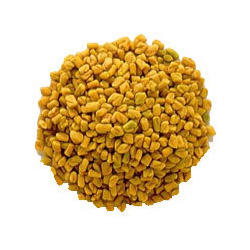
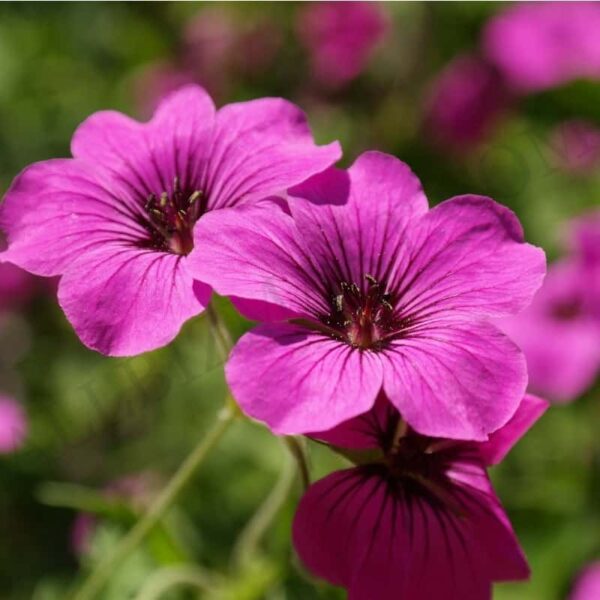

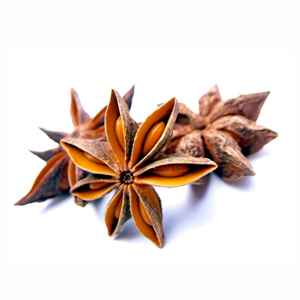
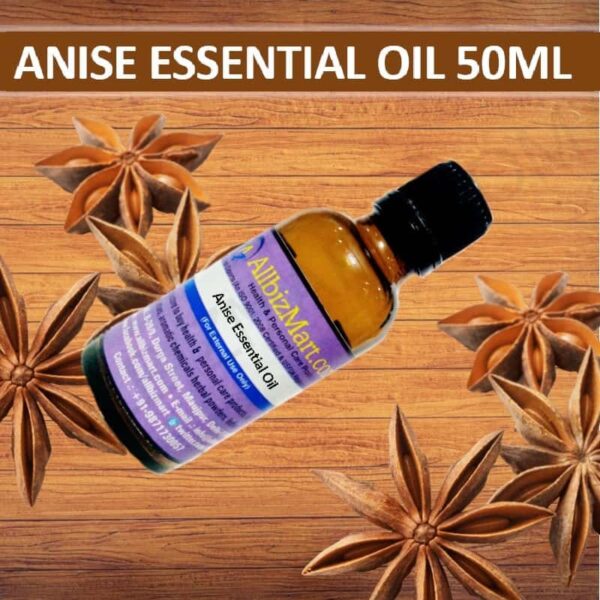

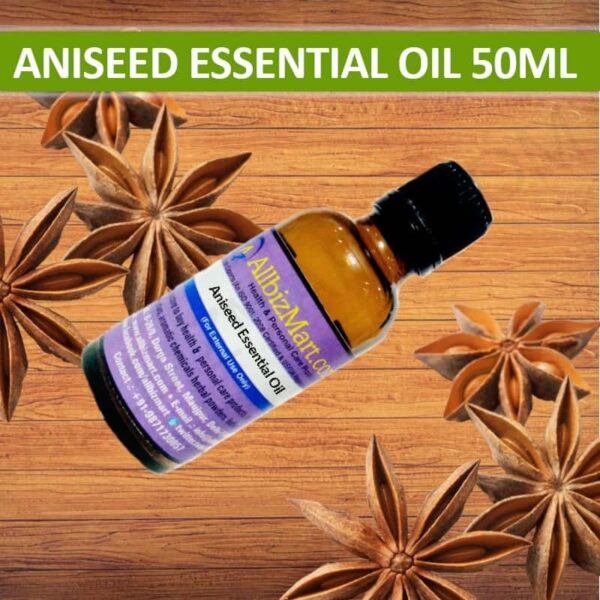
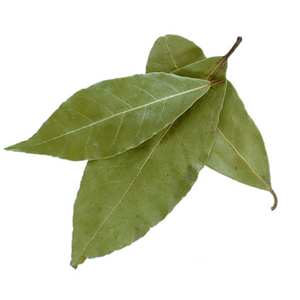
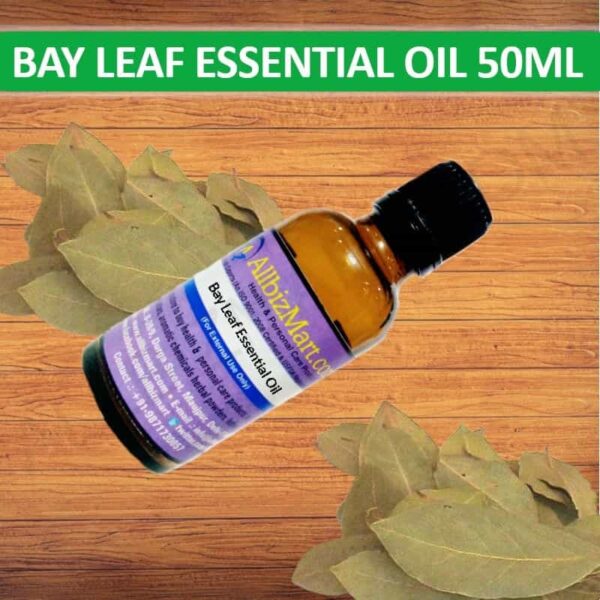
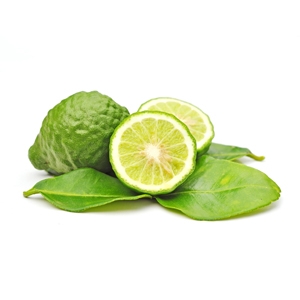

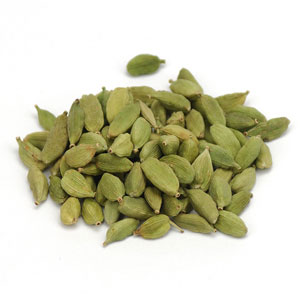
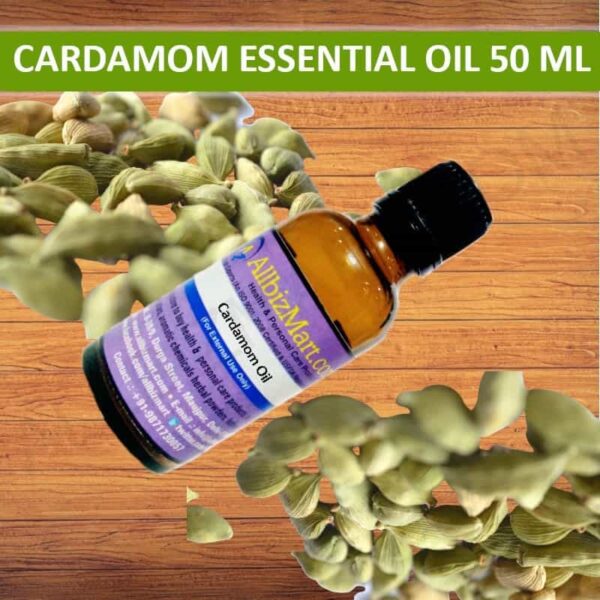

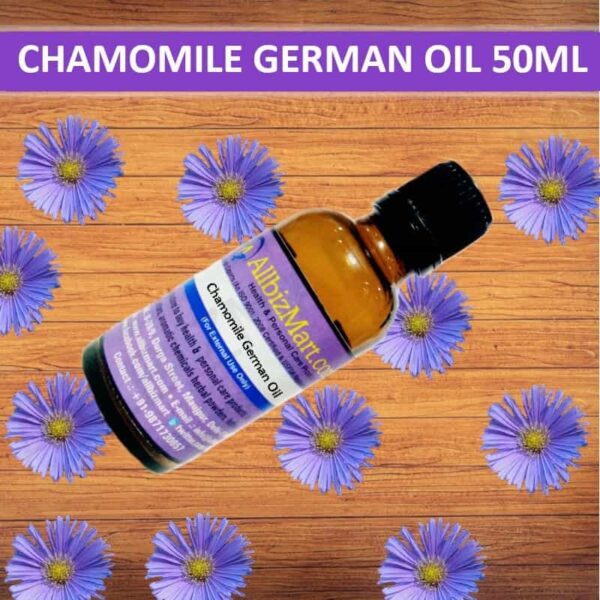
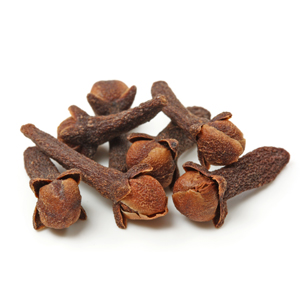
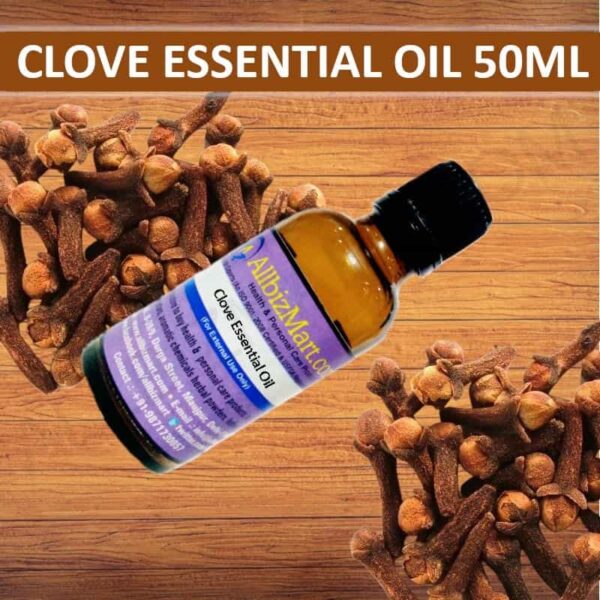
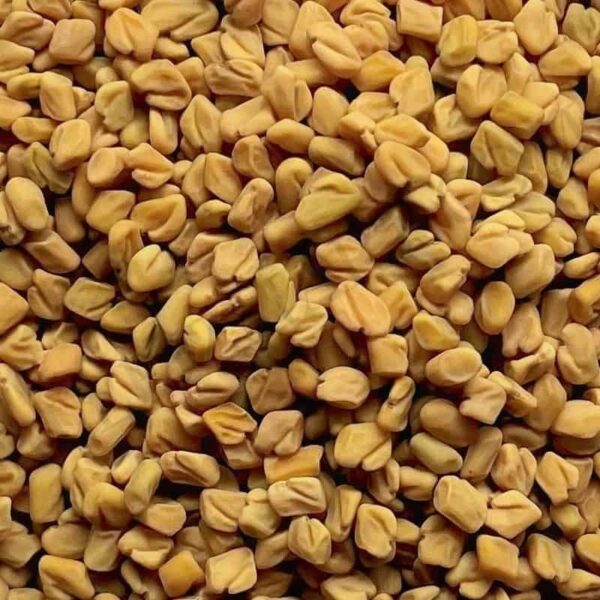
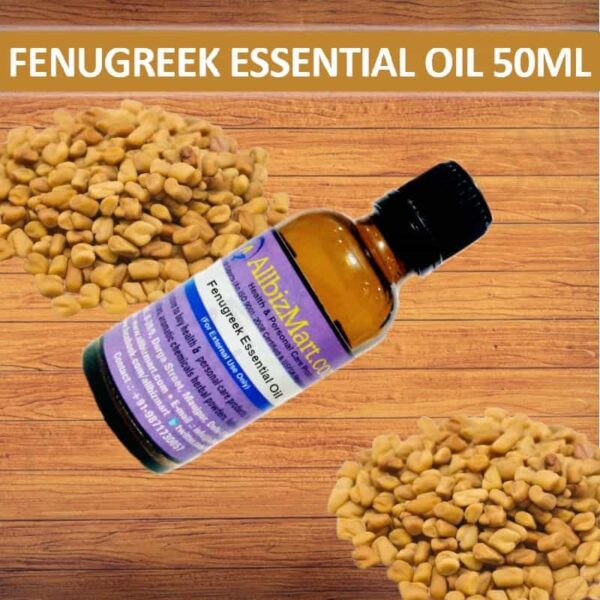
Evi Charpentier –
I begin using this with my shampoo and it really does miracles on hair.. After using this Fenugreek Seeds, my skin feels more fresh and healthy, looking forward to buying more from your company.
Anna –
I applied this to my under eyes and it doesn’t create any irritation or discomfort. Amazing oil.. Finally found my desired product after so long that it recovers my baldness very quickly, so happy with my results.